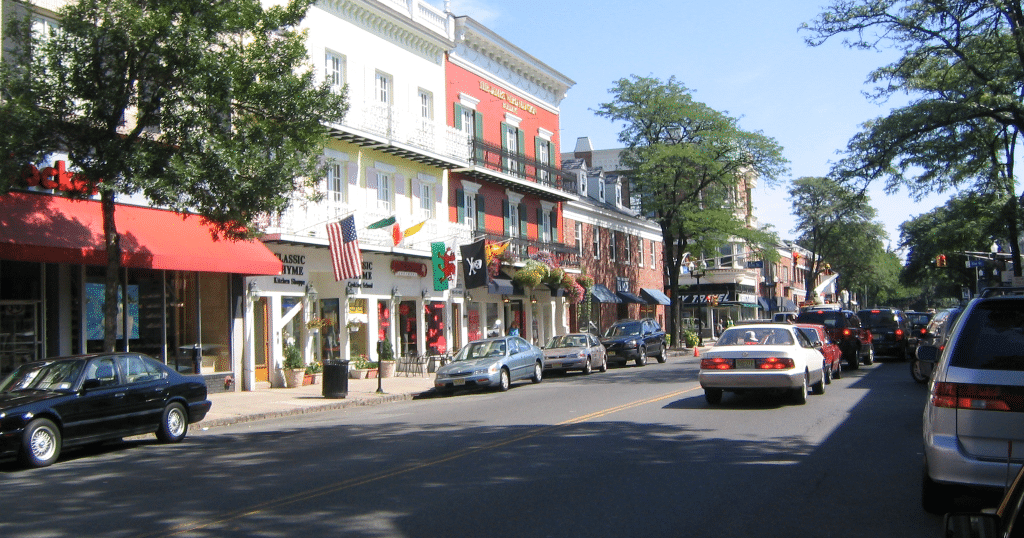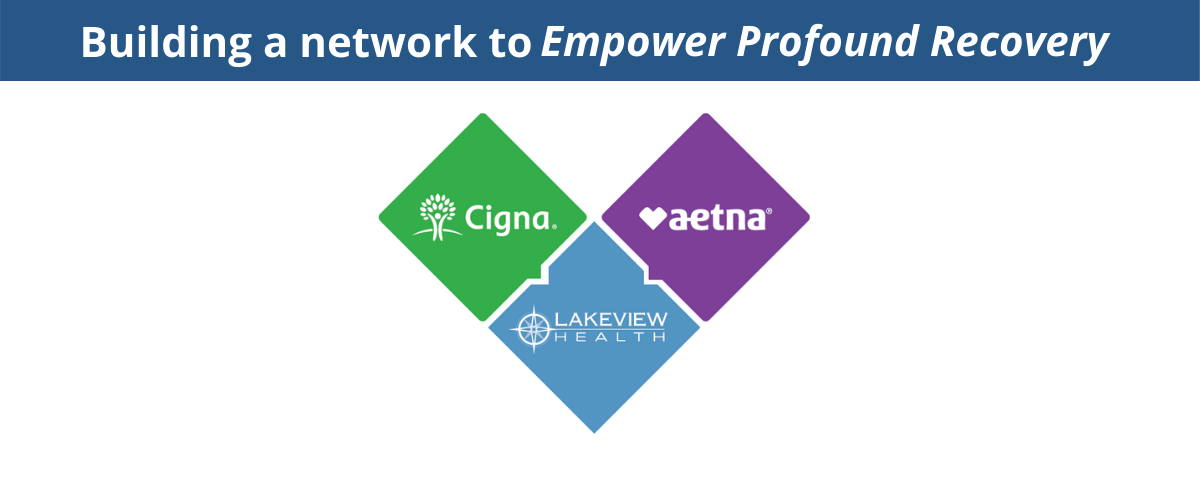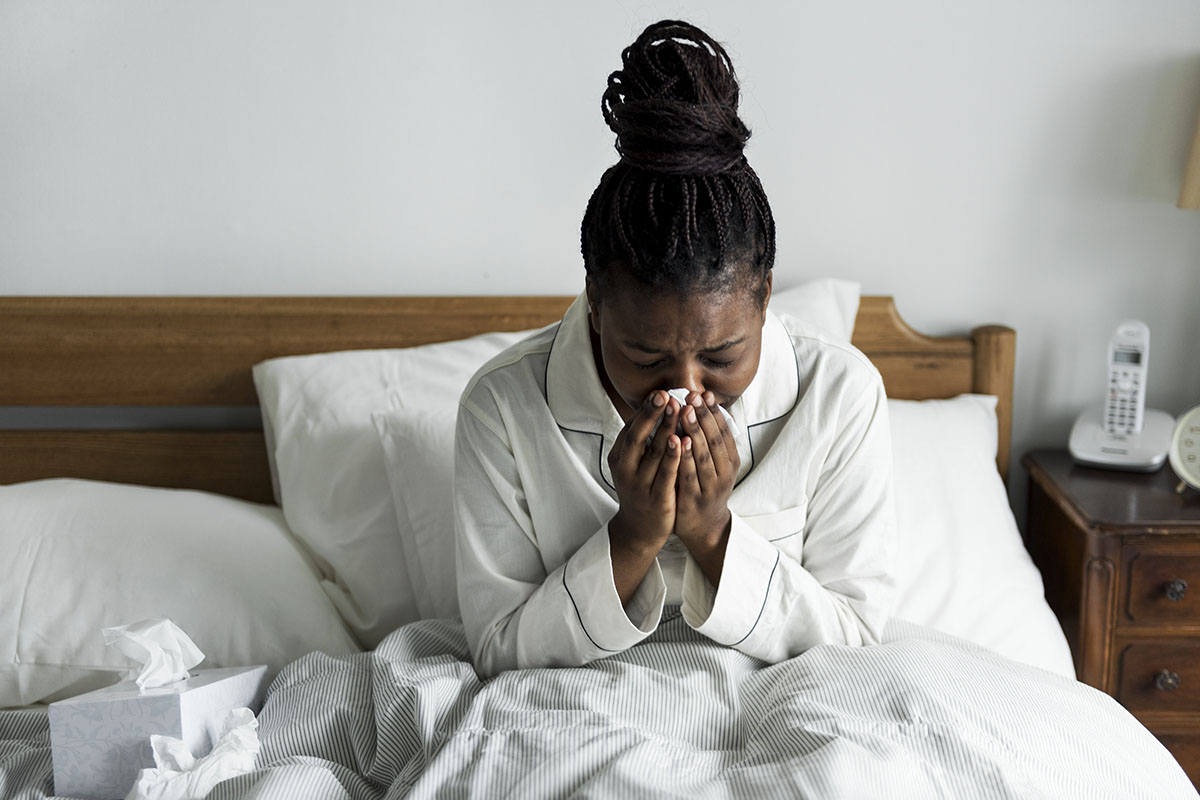

By: Michael Rass
Photo: Donald Siano / CC BY-SA 3.0
There is new hope for people struggling with substance use disorder in New Jersey’s Union County. They can now give up their drugs and choose recovery without fear of getting arrested through a new initiative meant to alleviate the county’s opioid addiction crisis. “Citizens of Union County battling substance abuse or addiction will be eligible to surrender small amounts of narcotics without being arrested and gain access to recovery services free of charge,” according to the official press release. It is not a get-out-of-jail-free card, though. Individuals with active arrest warrants or prior convictions for serious offenses will not be eligible for the program. The initiative is called “Community Law Enforcement Addiction Recovery” (CLEAR). The program will connect participants with recovery specialists from Prevention Links, a local nonprofit that aims to combat drug abuse and addiction. The opioid crisis in New Jersey is severe. Drug overdose deaths in the state escalated by nearly 22 percent from 2014 to 2015, largely due to opioids, Governor Chris Christie reported in his state-of-the-state address in January. “Nearly 1,600 people lost their lives to drugs in New Jersey in 2015. That is more than four times the number of murders in New Jersey in 2015. That is three times the number of people that were killed in car accidents in 2015,” said Governor Christie. Opioid-related trips to emergency departments in New Jersey doubled between 2005 and 2014 according to new data from a federal report. In Union County, at least 89 people died from fatal drug overdoses last year. According to official data, that is more than in any other year since the start of the decade. Police departments in Union County began deploying the lifesaving overdose-reversal drug naloxone (Narcan) in 2014, with more than 300 deployments recorded to date. The CLEAR initiative is based on a model first established by the Gloucester police department in Massachusetts and subsequently adopted by other police forces around the country. The Gloucester system has been celebrated as a big success by many addiction experts. About 95 percent of individuals with substance use disorders who came to the Gloucester police department for help were placed in detoxification or substance use treatment programs during the first year. Union County Sheriff Joseph Cryan told NJ.com that law enforcement dealt for too long with drug abuse only by trying to arrest people who sell, buy, or use narcotics. “Considering the scope and depth of the heroin and opioid abuse epidemic as it exists today, both here in Union County and nationwide, it’s beyond obvious that we need to fundamentally change that attitude,” Cryan said. Decriminalizing and destigmatizing the disease of addiction are important steps in the right direction, but they will only make a difference if people with substance use disorder receive modern, evidence-based addiction treatment. Lakeview Health in Florida is one of the premier addiction treatment centers in the United States. Addiction is a complex biopsychosocial disorder that requires a multidisciplinary approach. Lakeview employs effective therapeutic methods that enable patients to overcome their addiction and start a lifelong journey of recovery. People who have substance use disorder frequently have traumatic experiences in their past or suffer from other co-occurring conditions such as depression or anxiety. If these conditions are left untreated, the likelihood of a relapse increases. Many addicts reach a moment of clarity in which they feel that they are facing only three possible outcomes of their predicament: death, incarceration, or recovery. The CLEAR initiative is an opportunity to avoid the first two and choose recovery instead.





